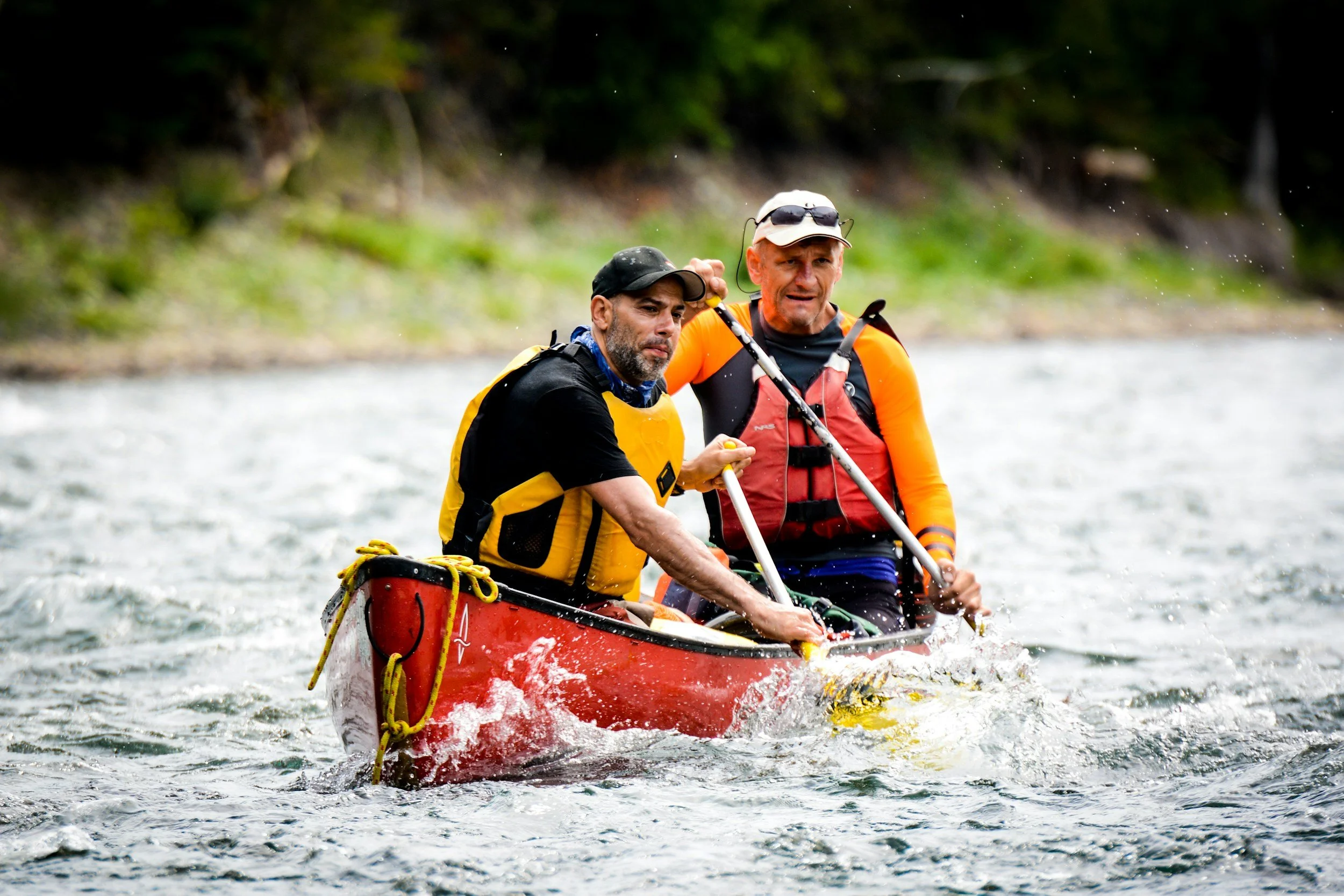From Capable to Accountable: Recruiting Self-Leaders
We often hire for technical or clinical capability. But the difference between a team that copes and a team that thrives often comes down to how people show up, not just what they know.
Self-leadership is the ability to take ownership of one’s role, behaviour, wellbeing and impact. It is about being reflective, not reactive. Proactive, not passive.
In one of my leadership development programs, a senior manager shared that their most valued team member wasn’t necessarily the most experienced, but the most self-responsible. “She doesn’t wait for permission to lead from where she is,” they said. “She takes initiative, knows her impact, and actively helps shape the culture around her.”
This is self-leadership in action and we can recruit for it intentionally.
To include self-leadership in recruitment:
Refine your selection criteria
Move beyond qualifications and experience and include indicators such as:
Capacity for reflective learning
Emotional intelligence and interpersonal awareness
Ability to self-manage in high-stress or complex environments as well as through day to day tasks
Ask targeted interview questions
Shift from “Tell us about your skills” to “How do you manage yourself when things are tough?”
Here are some examples:
“Describe a time you received valuable feedback. How did you respond and what did you learn?”
“How do you maintain your own wellbeing when your workload escalates?”
“What does learning look like for you as a professional?”
“How do you approach workplace relationships that are challenging?”
Look for evidence of growth
A CV that shows professional development is great, but a conversation about what they learned from it is even better. Ask:
“What have you done to stretch yourself professionally in the past year?”
“What’s something you've worked on personally that’s improved your work with clients or colleagues?”
Set expectations from the start
Be transparent about your values. Let applicants know you appreciate:
Reflective practice
Personal accountability
Self-awareness and team contribution
This not only helps select the right people, it also sends a clear message that your team prioritises growth, responsibility and psychological safety.
Why it matters
High performance isn’t just about professional skill. It’s about staying grounded, learning from experience, and contributing positively to the team.
Self-leaders lighten the emotional load on others. They bring calm, focus and initiative. They help shape the thriving culture we all want.
If you would like to further explore skills vital to leadership and resilience in leaders and your team, my next Leadership Development workshop will be held “in person” on 14 and 15 July. If you are in Melbourne during this time, this is a great opportunity to connect face to face.
My Thriving Professional Women 10-month program has been designed to help you gain all of the transformative skills and strategies to be the best leader to yourself. You can find out more and register interest to join this program starting in February 2026 here.
I also develop tailored training programs for workplaces across these areas. Contact me if you are interested in discussing how I can support your workplace.






Feedback is not simply an exchange of information. When handled with care, it is an opportunity to deepen trust, strengthen capability, and support meaningful growth.